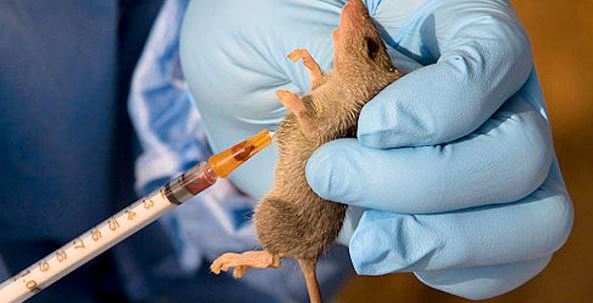The Delta State Commissioner of Health, Joseph Onojaeme, has announced the confirmation of four cases of Lassa fever within the state.
Speaking to news reporters in Asaba on Friday, March 22, Onojaeme stressed the importance of residents maintaining cleanliness in their surroundings to prevent the breeding of rats, which are known carriers of the disease.
The affected local government areas identified by Onojaeme include Okpe, Oshimili North, Oshimili South, and Ndokwa East Council areas. As a proactive measure, Emergency Operation Centres (EOCs) have been established across the state to closely monitor the situation and ensure public awareness.
“Onojaeme disclosed that in week 12, there have been four confirmed cases, with a fatality rate of 50%, although the general fatality rate for Lassa fever ranges from 1% to 15%,” reported the commissioner. “Efforts are underway to curtail transmission, both from patients to health workers and within communities.”
He emphasised ongoing advocacy efforts, particularly among health workers, and the importance of heightened awareness among residents. The state government has collaborated closely with Irrua Specialist Hospital in Edo State to expedite testing procedures, reducing result turnaround time to less than 24 hours, compared to the previous 72-hour timeframe.
Dr. Mildred Igumbor, the State Epidemiologist, underscored the severity of even a single case of Lassa fever, labelling it an outbreak requiring concerted efforts for elimination. A multi-sectorial EOC, comprising officials from various ministries and subject matter experts, has been established to strategize on disease containment.
“Lassa fever is primarily transmitted through contact with rat faeces or urine on food items,” explained Igumbor. “Residents are being sensitised to prevent rats from contaminating their food sources to minimise the risk of contracting the disease.”
Prevention and control measures have been reinforced in healthcare facilities, with health workers urged to maintain a high index of suspicion for potential Lassa fever cases. The Isolation Center at the Federal Medical Centre in Asaba, constructed by the State Government, is equipped to handle confirmed cases, with provisions for referrals to Irrua Specialist Hospital if necessary.
As the state grapples with this public health challenge, authorities are urging vigilance and proactive measures from all stakeholders to combat the spread of Lassa fever effectively.



